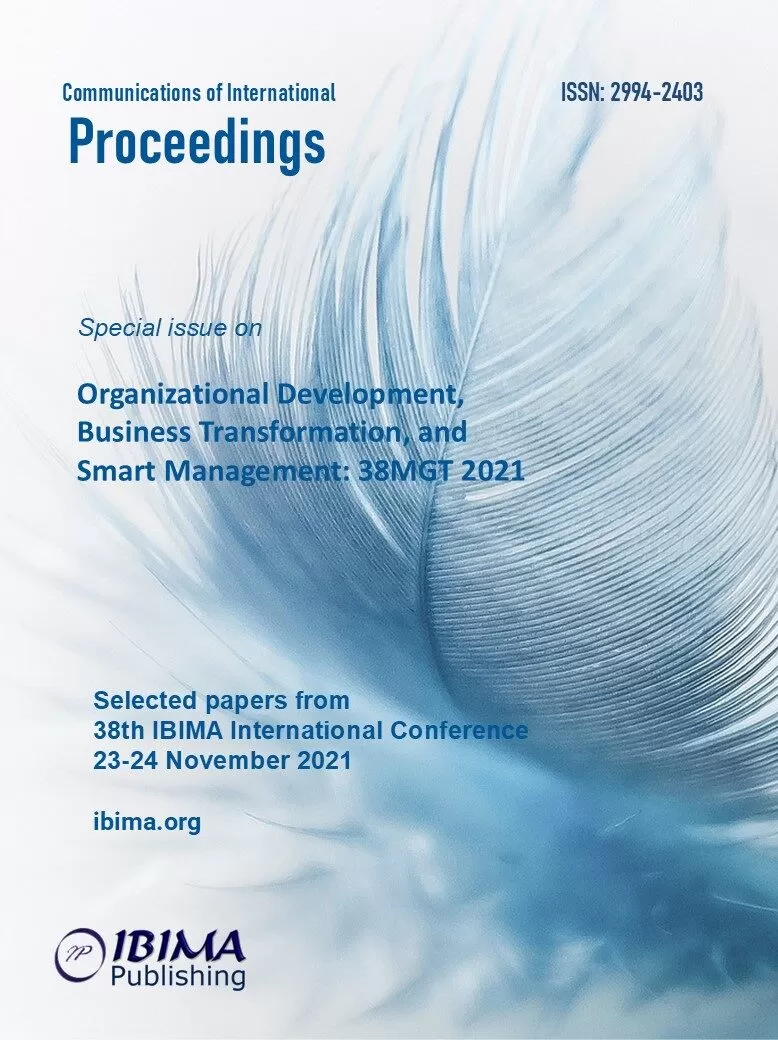

Jacek SITKO
Silesian Technical University, Poland

The publication presents the problem of processing of metallurgical products on the example of selected production. The publication is based on direct research and analysis of data made available by the metallurgical plant BOL-REC. The obtained results are enriched with theoretical considerations on the quality management systems for metallurgical products.
Metallurgical products manufactured in heavy industry require high quality production processes. Innovation in the case of products of this type means interference in the chemical composition (the possibility of using new compounds and chemical elements), microstructure, which in addition to the chemical composition is one of the most important factors determining the properties (mechanical, physical, functional, etc.), and thus the use of the material. The demand for modern, advanced (innovative) products requires manufacturers to make technical, infrastructural, organizational and logistical changes. Of course, this often involves financial outlays. It also translates, to some extent, into generating potential problems, resulting from the above-mentioned reasons.
Metallurgical product excellence, value, meeting or exceeding customer expectations. Technological and quality benefits, unequivocally recognizable symbol of uncompromising standards and high performance, value concept leverages multiple attributes of quality, focuses on process efficiency, enables comparisons between metallurgical products, and over time enables precise measurement, leads to increased efficiency. Should force analysis of steel mill needs, appropriate definition for institutional customers evaluation done from customer’s point of view, applicable to steel industry, responds to market changes, are difficult to measure, attributes of excellence can change over time, must find customers willing to pay for excellence. Difficulty in assigning value to individual product elements, quality and value are not easily interchangeable units. Steel mills are not interested in internal specifications, not suitable for defining services, may limit adaptability to other conditions, specifications may be worthless in the face of rapid market changes, internally oriented difficult to measure. Advanced product expectations force manufacturers to develop and implement modern manufacturing methods in production systems to perform specific task.